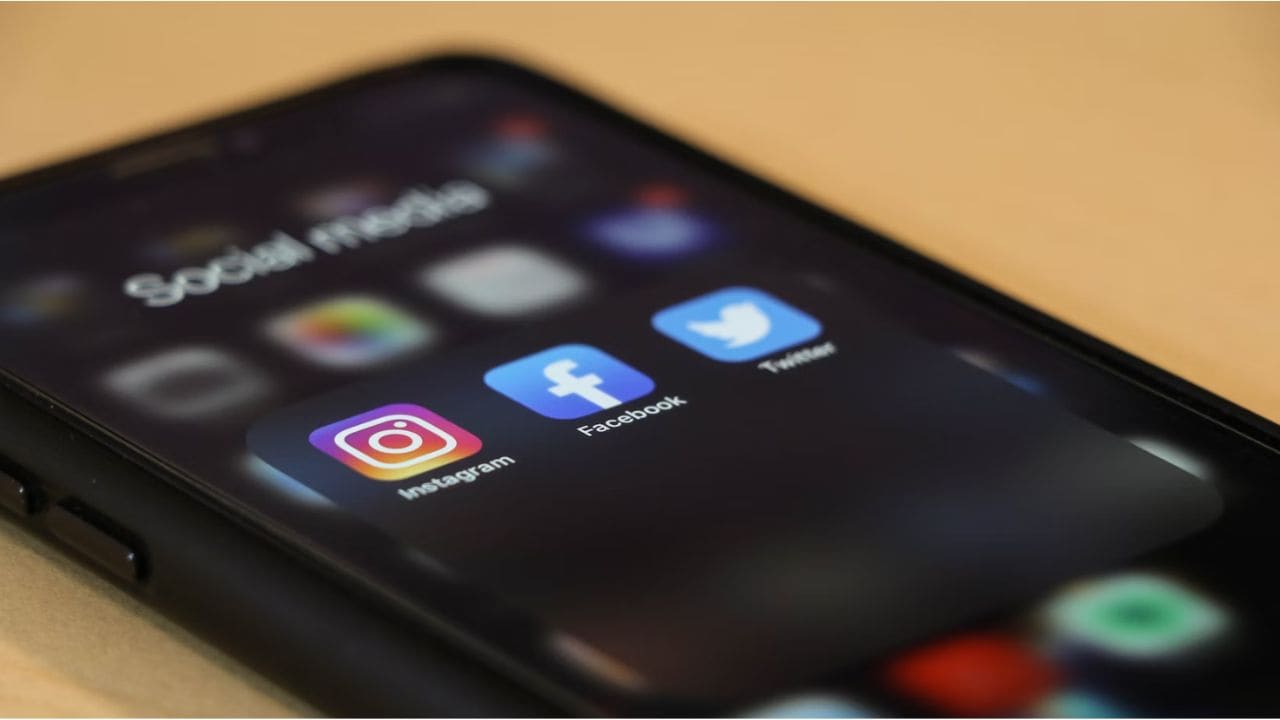The Delhi High Court has ruled that a complete ban on students using smartphones in schools is neither desirable nor practical, emphasizing the need for a structured policy to regulate their usage, reports Bar and Bench.
Justice Anup Jairam Bhambhani, while hearing a case concerning a student’s use of a smartphone at Kendriya Vidyalaya, stated that technology has become an integral part of education and safety, making a total prohibition impractical.
The Court stated that while smartphones pose risks of distraction and misuse, they also facilitate coordination between students and parents, enhancing security.
“This court would observe that much has changed in the past years as regards the use of technology, including for educational and other related purposes. In the opinion of this court therefore, a complete ban on use of smartphones by students attending school is both an undesirable and unworkable approach,” the order stated.
Responding to Kendriya Vidyalaya’s request for a policy framework, the Court outlined a set of principles to regulate smartphone use without imposing an outright ban. The key guidelines include:
– Where feasible, students should deposit their smartphones during school hours.
– Smartphones must not be used in classrooms, school vehicles, or common areas.
– Schools must educate students on responsible online behaviour, ethical smartphone use, and digital manners.
– Students should be made aware of the negative impacts of excessive screen time, including anxiety, reduced attention spans, and cyberbullying.
– Smartphones may be used for safety and coordination but not for entertainment or recreational purposes.
– Regulations should be formulated in consultation with parents, educators, and technology experts.
– Schools should have the flexibility to adapt policies to their unique circumstances.
– Consequences for rule violations should be fair and consistently enforced, with confiscation as a possible disciplinary measure.
The High Court directed that a copy of its order be sent to the Central Board of Secondary Education (CBSE), the Directorate of Education, the Government of NCT of Delhi, and the Kendriya Vidyalaya Sangathan for implementation and reference.
